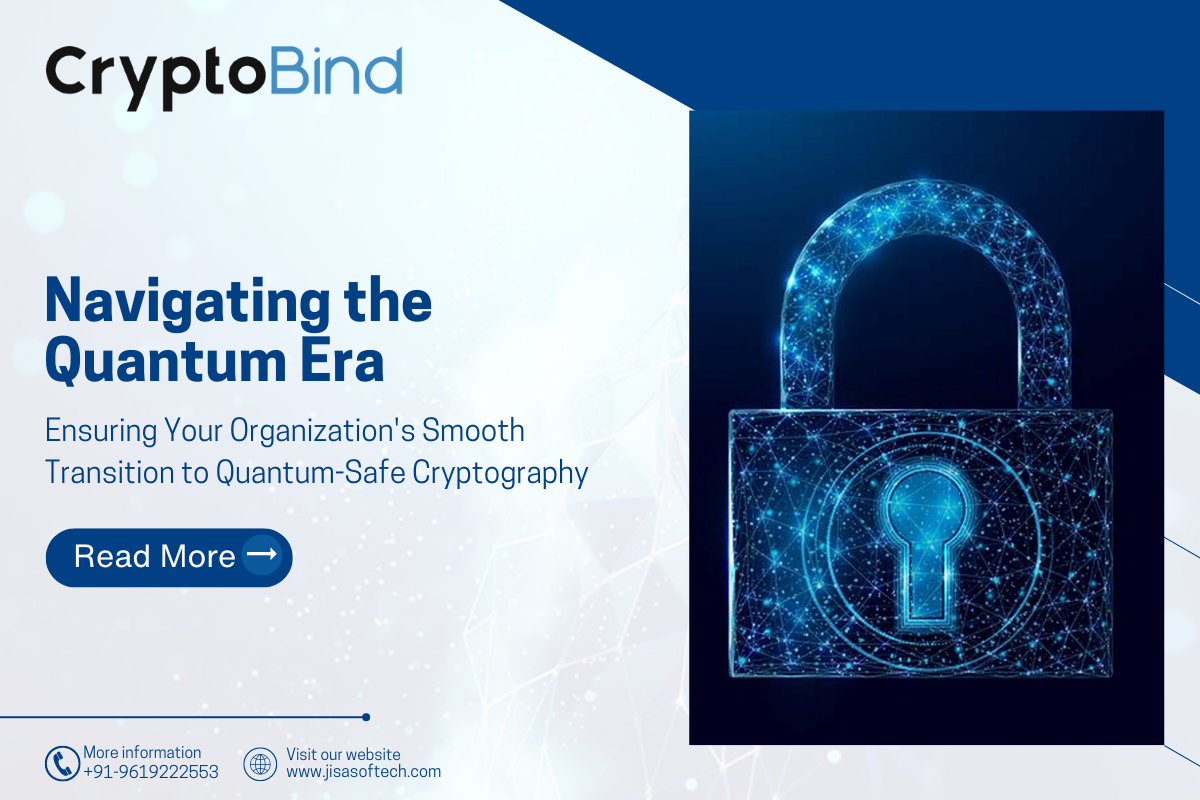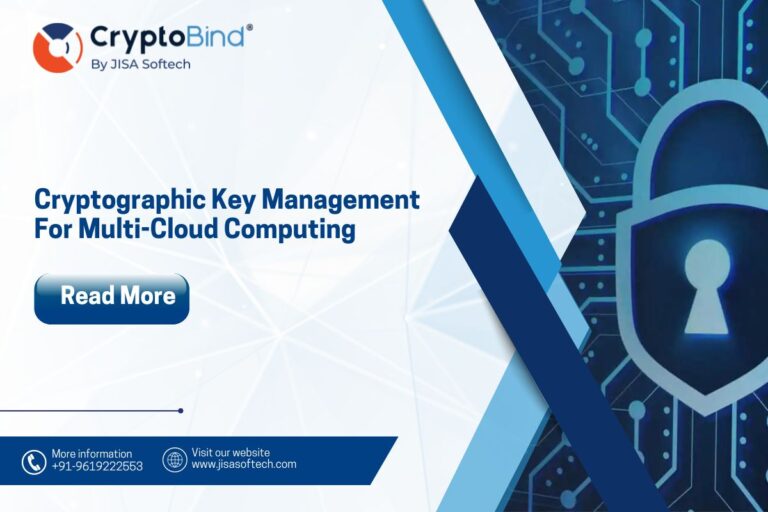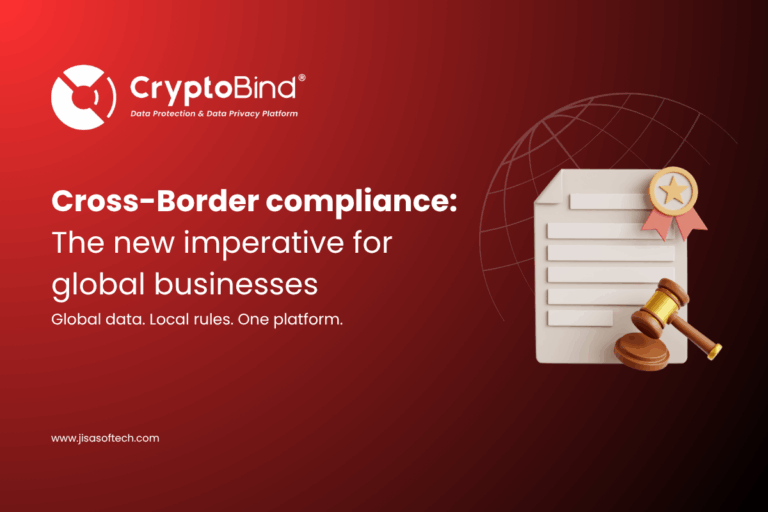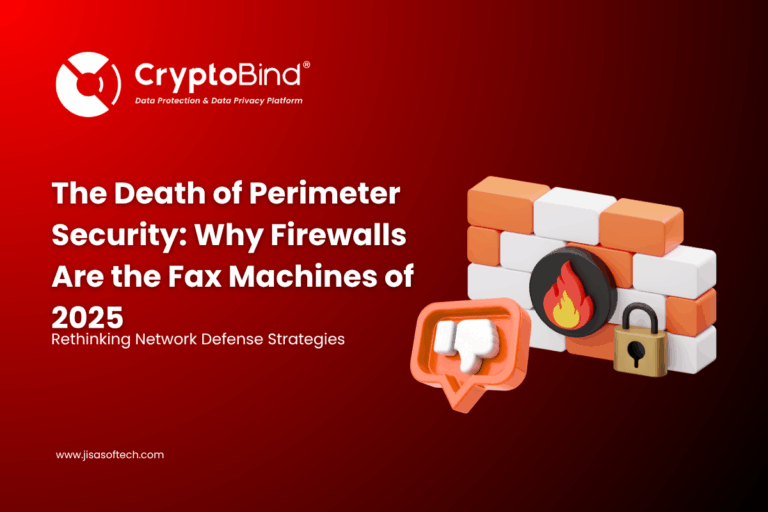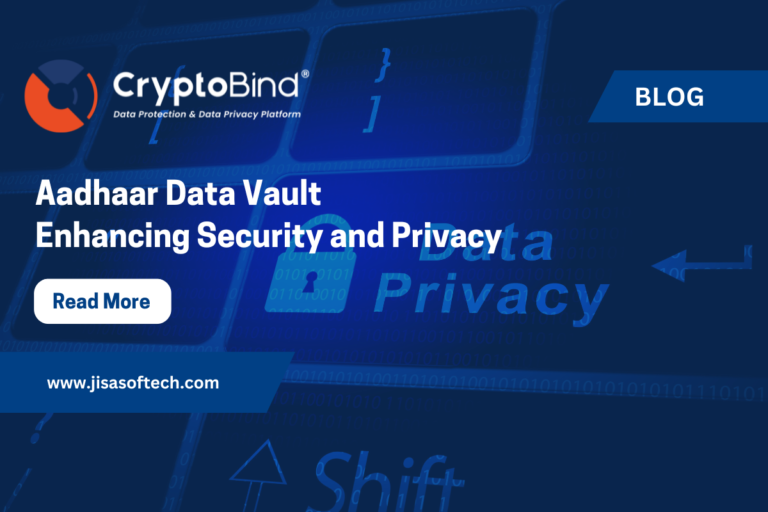Navigating the Post Quantum Cryptography: Ensuring Your Organization’s Smooth Transition to Quantum-Safe Cryptography

As quantum computing continues to advance, organizations face an evolving landscape of cyber security challenges. While current quantum computers lack the power to break cryptographic protocols, projections suggest that by the 2030s, quantum devices could reach a level where they pose a significant threat.
Cryptography lies at the heart of cyber security, offering protection through encryption, integrity, and authentication mechanisms. Encryption safeguards the confidentiality of transmitted or stored information, shielding it from unauthorized access. However, the emergence of powerful quantum computers could compromise this protection.
Presently, threat actors can archive encrypted data, anticipating future decryption once quantum computing capabilities reach the required threshold. This poses a considerable risk to information with a medium to long lifespan, such as sensitive corporate data or personal records, which may still require safeguarding a decade or more from now.
In addition to encryption, integrity and authentication mechanisms ensure the trustworthiness of information. Integrity safeguards data from unauthorized alteration during transmission or storage, while authentication verifies its origin and authenticity.
As quantum computing continues, organizations must remain vigilant, adapting their cyber security strategies to mitigate evolving risks. By embracing a proactive and adaptive approach, businesses can safeguard their digital assets in an era of unprecedented technological transformation.
Quantum Computing: Enterprises Fear Cybersecurity Unpreparedness
A growing number of enterprises express concern about their readiness to confront cybersecurity risks posed by quantum computing. As quantum technology progresses, enterprises feel the pressure to transition to post-quantum cryptography swiftly. Amidst these challenges, proactive measures become imperative. Enterprises must assess their infrastructure, stay informed, identify critical assets, engage in standardization efforts, and implement crypto-agility to fortify their defenses against quantum-enabled cyber threats.
The Impact of Quantum Computers:
Quantum threats extend far beyond cryptographic algorithms, permeating into various facets of everyday life with potentially significant consequences. Let’s explore some of these implications:
- Escalating Data Breaches: The advent of quantum-powered decryption could precipitate a surge in data breaches, exposing sensitive health and financial information to malicious actors. Given the already staggering costs associated with data breaches, the prospect of private communications and personal data falling into the wrong hands looms large.
- Compromised Internet and Messaging Security: Secure channels for internet traffic and messaging are under threat as quantum computers become capable of intercepting and decrypting encrypted exchanges. This compromises the privacy of personal communications and compromises trust in digital interactions.
- Integrity Challenges for Digital Documents: The integrity and authenticity of digital documents and identities are at risk, as quantum attacks could be employed to manipulate and forge digital information.
- Vulnerabilities in Cryptocurrencies: Cryptocurrencies, reliant on cryptographic algorithms for security and transaction processing, face existential threats from quantum attacks. With billions of dollars of value potentially at risk, the integrity of blockchain-based systems hangs in the balance.
- Emergence of “Harvest Now, Decrypt Later” Attacks: Certain attackers may take advantage of the long shelf life of sensitive data by intercepting encrypted transmissions for later decryption with quantum computers. This raises serious concerns for industries required to retain customer data for extended periods of time.
What is Quantum-Safe Cryptography?
Quantum-safe cryptography is designed to secure sensitive data, access, and communications in the era of quantum computing. Almost every action performed on a computer involves cryptography, safeguarding tasks ranging from email communication to financial transactions. However, with the impending threat of quantum computing, the robustness of current encryption methods is in question.
Modern encryption standards, such as 2048-bit public keys, have been likened to impregnable vaults—difficult to breach except under extraordinary circumstances. However, the advent of quantum computers threatens to render these defenses useless. Quantum-safe cryptography aims to rebuild these cryptographic defenses, ensuring resilience against both quantum and classical attacks.
Prepare Your Cybersecurity Infrastructure for the Post-Quantum Age
In response to this looming threat, organizations must proactively address their cryptographic vulnerabilities in preparation for the post-quantum age. This proactive approach falls under the domain of Post-Quantum Cryptography (PQC), which focuses on developing cryptographic solutions resilient to quantum attacks.
The National Institute of Standards and Technology (NIST) is at the forefront of this endeavor, spearheading a rigorous process to define and standardize quantum-resistant cryptographic algorithms. However, as these algorithms undergo standardization and new developments emerge, organizations must embrace crypto agility.
Crypto agility refers to the ability of information security protocols and standards to swiftly transition between cryptographic algorithms, primitives, and assets in a secure manner. This flexibility is paramount in adapting to evolving cyber threats and ensuring the resilience of cryptographic defenses.
The Time to Start Preparing Is Now
The transition to quantum-safe cryptography is imminent, and organizations must act swiftly to ensure the safety of their data and networks. As NIST finalizes new cryptographic standards, IT systems will need to transition to these algorithms to mitigate the risks posed by quantum computing. Proactive preparation will enable organizations to safely navigate the quantum computing era and realize its potential.
At JISA Softech, We’re Pioneering Quantum-Safe Solutions
At JISA Softech, we’re at the forefront of developing advanced Hardware Security Modules (HSMs) equipped with robust post-quantum cryptographic algorithms. This HSM, operating on FPGA or ASIC over RISC-V or ARM architecture, ensures future readiness and elevates digital trust, data protection, and privacy standards. Prepare your organization for the quantum computing revolution with JISA Softech’s innovative solution
In conclusion, preparing for the post-quantum age requires a proactive approach to cybersecurity. By embracing crypto-agility and leveraging solutions like CryptoBind advanced General Purpose HSM, Data Protection and Data Privacy Solutions organizations can strengthen their cryptographic infrastructure against the looming threat of quantum computing, safeguarding sensitive data and ensuring the security of digital operations in the quantum era. For more information, feel free to reach out to us.
Contact us:
Sales@jisasoftech.com

